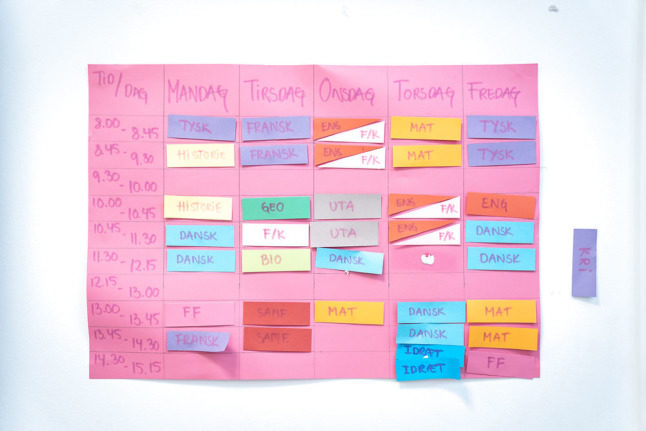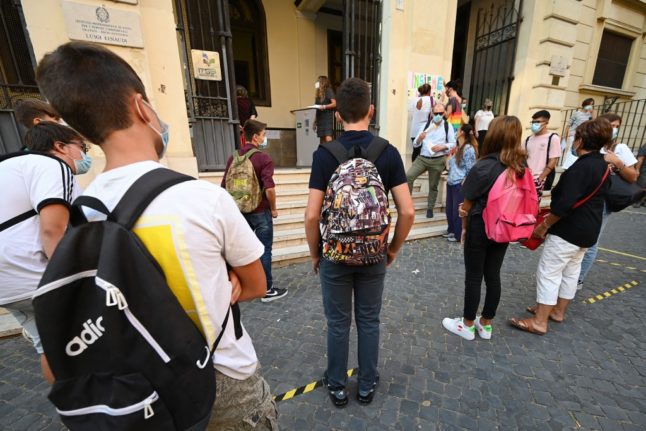Children will instead be tested for the coronavirus at their schools or nurseries if they are found to have been in close contact with a person who has tested positive for Covid-19.
The new guidelines were confirmed by the Danish Health Authority on Monday.
“From now on it will only be the infected (children) who will have to go into self-isolation. Children who are close contacts are recommended testing so they can stay at their school or daycare,” the authority wrote.
That replaces the existing practice of sending close contacts home from schools.
Unvaccinated children who have not previously recovered from the virus are now asked to take a coronavirus test of any kind as soon as possible and two additional PCR tests, on the fourth and seventh days after the suspected contact.
Children may continue to attend school while awaiting test results, but will be sent home if they develop symptoms or a test result returns positive.
Tests are not recommended for children under the age of three unless they develop symptoms of Covid-19.
“The new guidelines will primarily mean that we will avoid so many children being sent home since they will from now on be able to take a rapid test at school in immediate response to a classmate being infected,” education minister Pernille Rosenkrantz-Theil said.
“There is no doubt that sending children home when a single pupil is infected has consequences for schooling and it is very disruptive for families,” she added.
The new guidelines will come into effect “as soon as possible”, the minister said.
READ ALSO: Covid-19 vaccination to be offered at Danish supermarkets



 Please whitelist us to continue reading.
Please whitelist us to continue reading.
Member comments